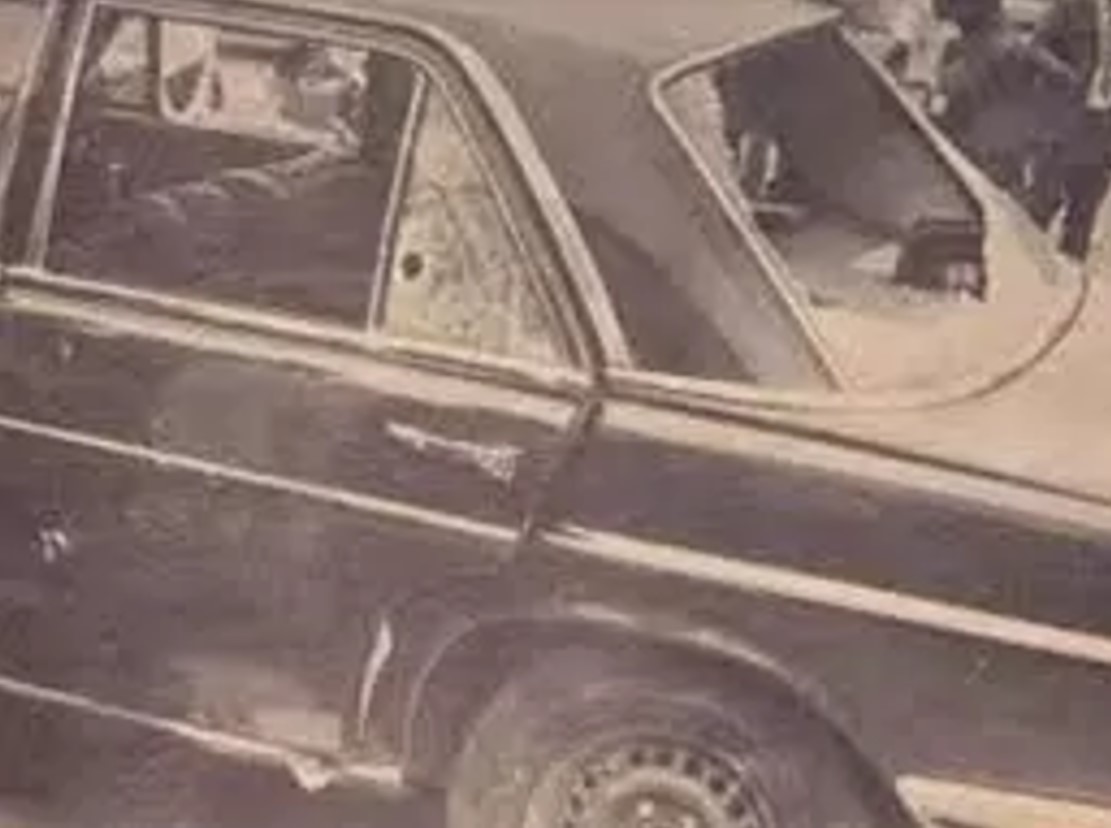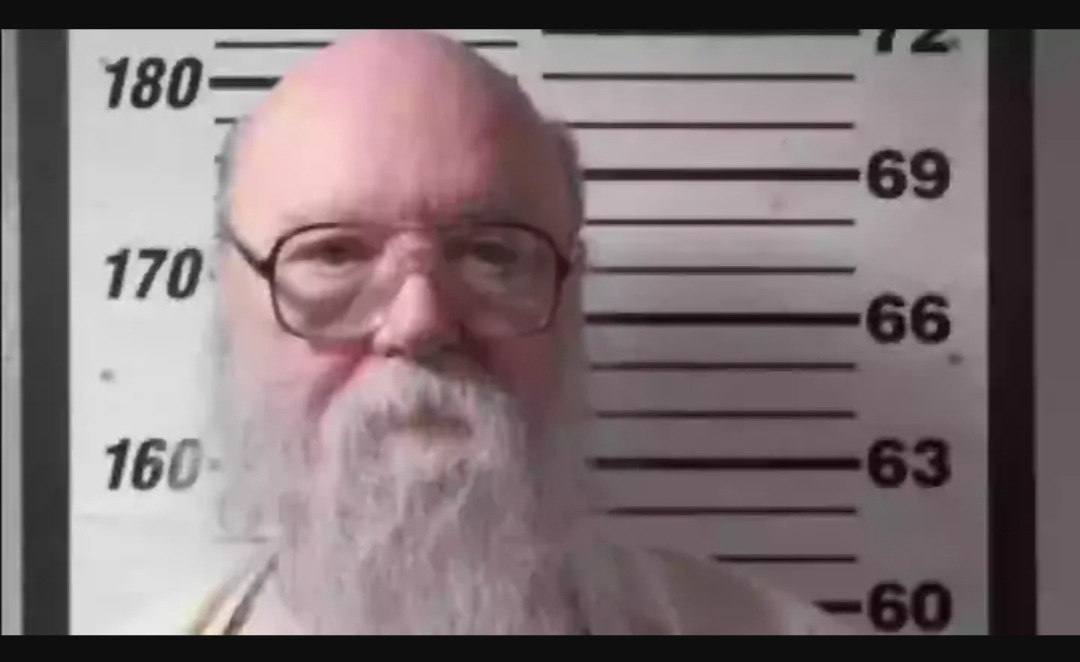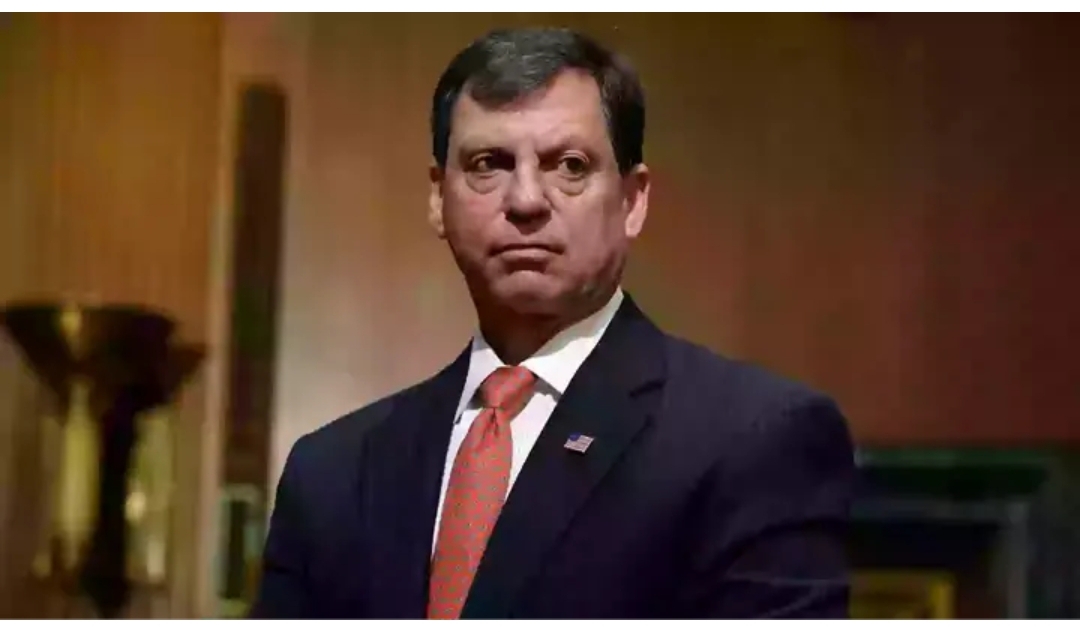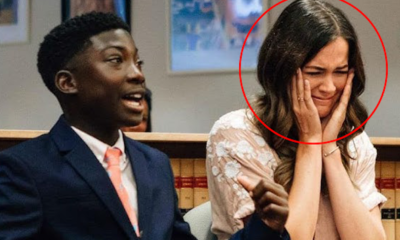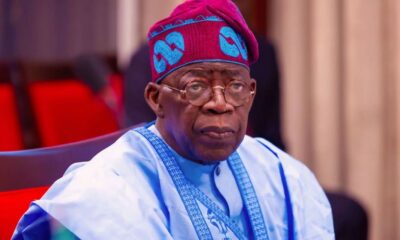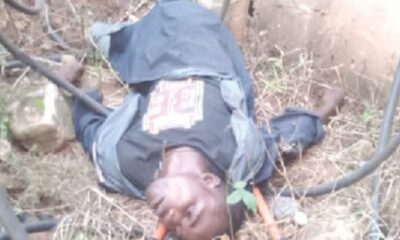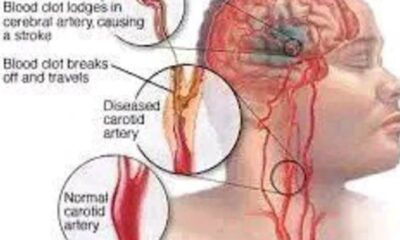The nation was thrown into turmoil on the 13th of February, 1976 after the Head of State and Chief Commander of the Armed Forces of Nigeria, General Murtala Ramat Muhammed, was assassinated in Lagos during an unsuccessful coup led by Lt. Col. Buka Suka Dimka.
History has it that General Murtala Muhammed lived a low-profile life which made his assassination easier for the coup plotters. Around 8 am on the 13th of February, 1976, Gen. Murtala Muhammed set out for his office at Dodan Barracks in an official black Mercedes Benz saloon car. He was in the company of his Aide-de-camp (ADC), Akintunde Akinsheinwa, an orderly, Michael Otuwu and a driver…Click Here To Continue Reading>> …Click Here To Continue Reading>>
The only visible sign of protection was a pistol carried by Michael Otuwu. Unlike many other Nigerian leaders, Murtala did not go around with a dozen of reckless-driving convoy. Near the Federal Secretariat at Ikoyi in Lagos, a traffic controller stopped the lane on which the Head of State’s Mercedes-Benz car was.

Lt-Gen. Olusegun Obasanjo who was the Chief of Staff (Supreme Headquarters) and Lt-Gen. Theophilus Danjuma, the Chief of Army Staff, were also marked for assassination on the same day and almost the same time as the Head of State. General Murtala wasn’t lucky like Lt-Gen. Obasanjo and Lt-Gen. Danjuma who survived the attack.

Lt-Col. Dimka and three other coup plotters (Major Rabo, Captain Parwang and Lieutenant Seri) were already in a petrol station, waiting for Murtala’s car. As the car stopped in the traffic, Dimka and his men opened fire on Murtala’s car killing everyone except the orderly, Michael Otuwu who still lives to tell his part of the story.
Otuwu explained that he had earlier seen a man on babanriga (Hausa traditional attire) approach their car immediately it stopped; this man was later identified as Dimka. Otuwu said,
“He (Dimka) shot the driver in the head, then other soldiers loyal to him ran towards the car and opened fire. Murtala would have survived the attack had the coup plotters not noticed the door of his car opened shortly after it was riddled with bullets from AK-47 assault rifles. The moment Dimka’s boys noticed the opened door, another rain of bullets fell on the car and killed Murtala this time.”
Immediately after the assassination, Lt. Col. Buka Suka Dimka ran to the Nigerian Broadcasting Corporation (NBC) to announce the success of the coup which unknowing to him was not yet successful. READ FULL STORY HERE>>>CLICK HERE TO CONTINUE READING>>>

At the NBC, Dimka read his first speech:
“Fellow Nigerians, Murtala Muhammed’s deficiency has been detected. His government is now overthrown by young revolutionaries. All the 19 military governors have no powers over the states they now govern. The states affairs will be run by military brigade commanders until further notice…”
Lt. Col. Dimka, thinking the coup was successful, bragged on,
“Unfortunately for him too, he didn’t live to rectify his dream of ruling Africa’s most populous country. Unlike his predecessor, General Yakubu Gowon, General Muhammed was considered tough, dogged and fearless. It is touted that he applied these characteristics in his resolved fight to rid the country of all form of corruption by some military governor-politicians under General Gowon, whom he said had betrayed the trust and confidence reposed in them by the nation and betrayed the ethics of their profession.”

“His fight against public sector corruption led to mass dismissals and the retirement of over 10,000 public officials on the grounds of inefficiency and corruption. As it is in modern Nigeria, many of those dismissed or retired were people regarded as highly placed, with connections in high places. Perhaps, it could be said that the difference between General Muhammed and Nigeria’s current crop of leaders is that while the General was willing to make the hard decision for a greater and brighter tomorrow even though as a military regime, today’s leaders lack the political will to make hard choices that could better the lots of the country.”
Col. Ibrahim Babangida led a detachment of soldiers to dislodge Dimka and his men at Radio Nigeria on the others of Lt-Gen. Danjuma. It was reported that Dimka escaped through a tunnel.

Lt. Col. Dimka was arrested near Abakaliki in Eastern Nigeria on the 6th of March, 1976. On the 15th of May, 1976, Dimka and other six coup plotters were publicly executed by firing squad at the Maximum Security Prison in Lagos.
Gen. Muhammed Murtala was succeeded by Lt-Gen. Olusegun Obasanjo who stayed in power till 1979 when he handed over power to the democratic government of Alhaji Sheu Shagari.

